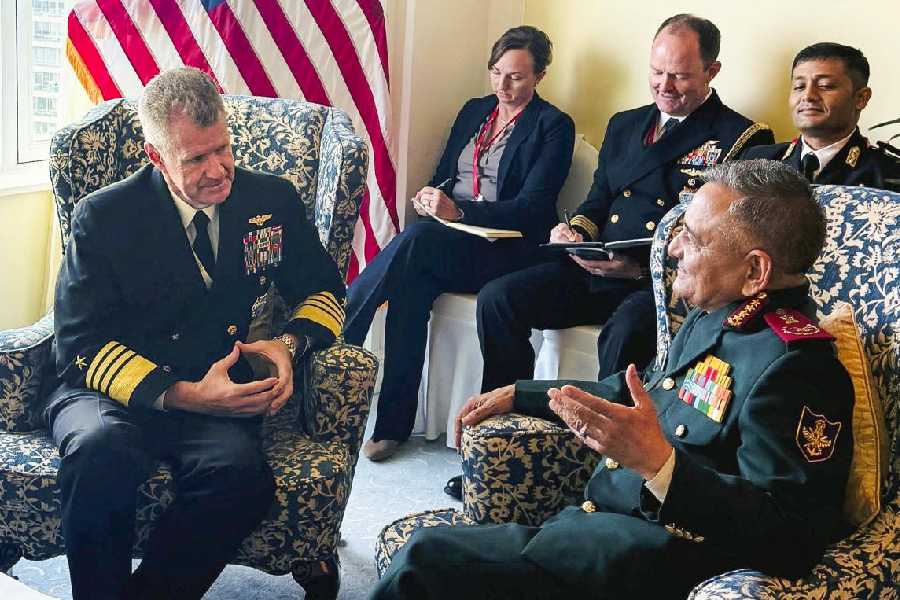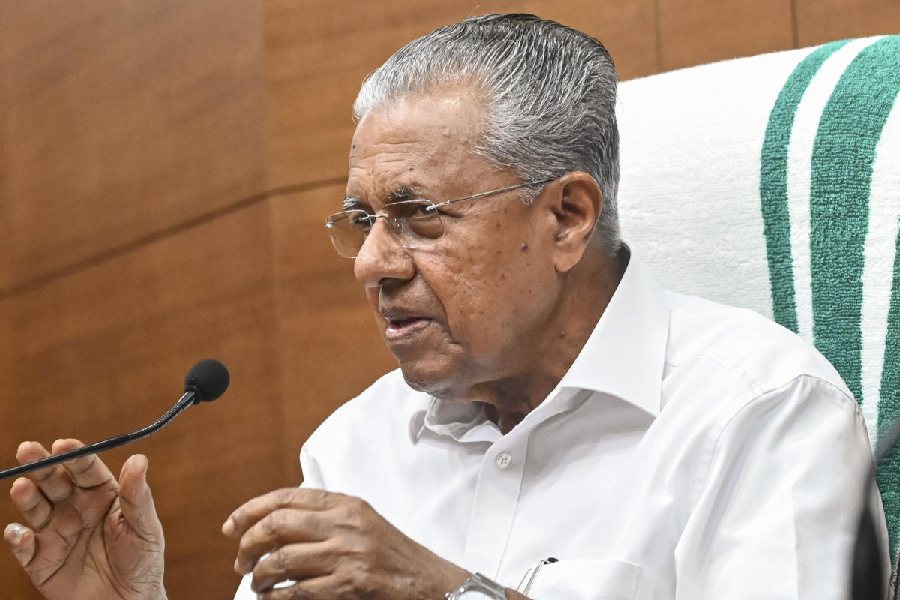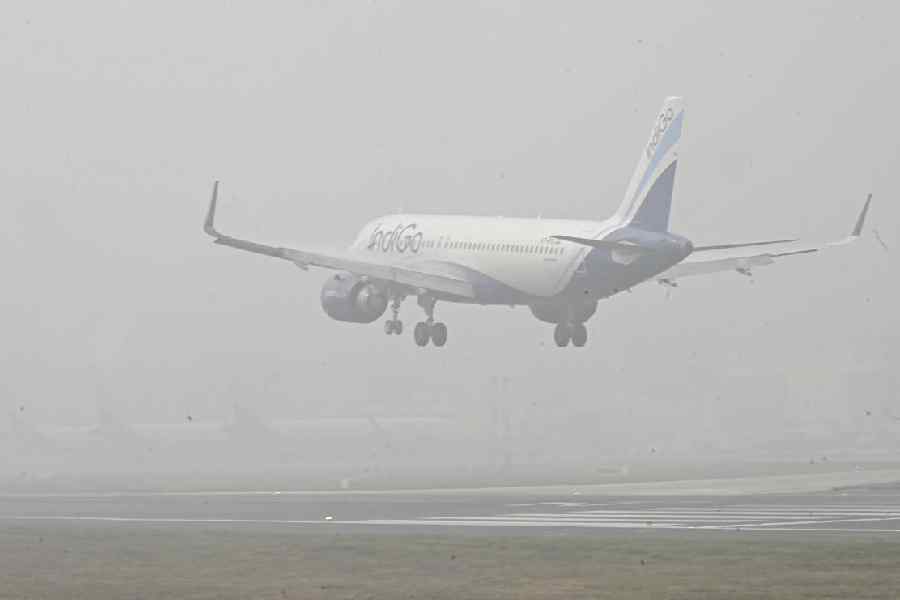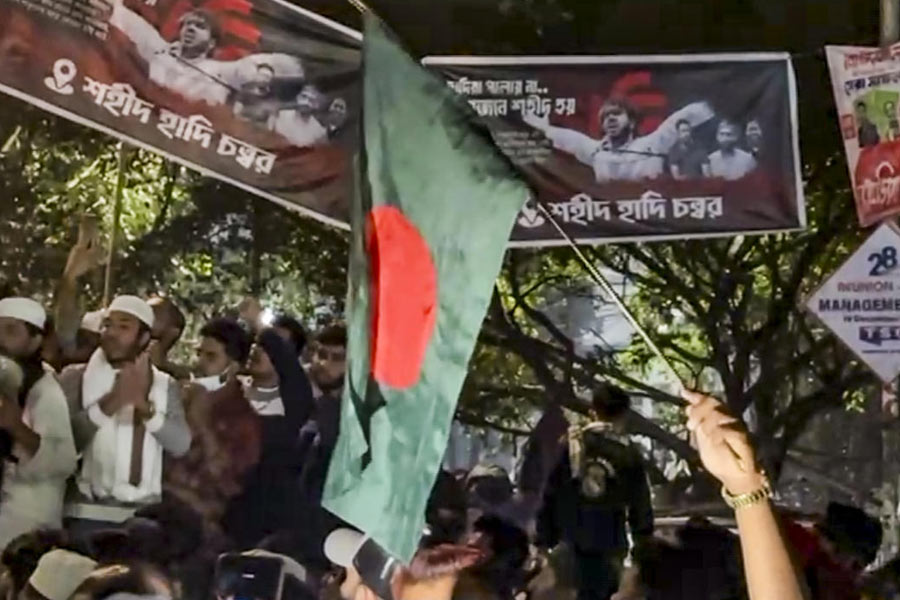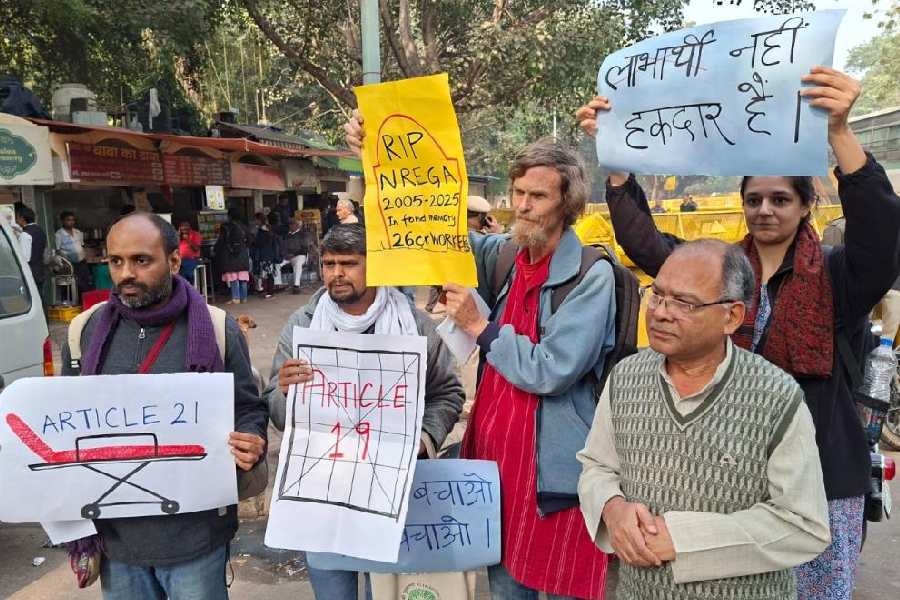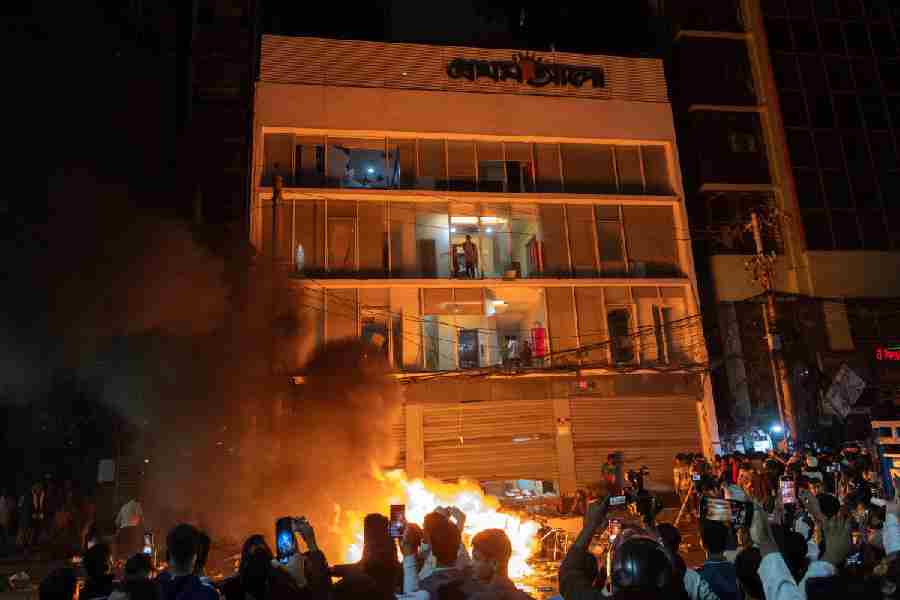India has kept a stony silence for 20 days about whether it lost aircraft in the Four-Day War with Pakistan. Now, Chief of Defence Staff Gen. Anil Chauhan has broken the silence – but pointedly, he has done so on foreign soil, not in India.
That’s thrown up a flurry of question marks about why he chose to make the admission in Singapore, and not at a defence ministry briefing in Delhi with massed TV cameras and reporters in attendance.
Gen. Chauhan’s unexpected admission caught the Indian media by surprise — and that was obvious from the fact that top channels like India Today and NDTV, which had the story online, were still focusing on subjects like the early monsoons on their TV channels several hours after the statement became public.
This has even raised the question whether the channels and outlets had been told to play down the statement.
Chauhan made his bombshell announcement in televised interviews to globe-spanning news agencies Bloomberg and Reuters. He took questions from both, but wasn’t bombarded by the welter of queries from aggressive anchors and reporters eager to elicit more information — as might have happened if he had been facing Indian media.
Says one analyst: “The choice to disclose the loss of fighter jets through international media reflects a strategic decision aimed at managing both domestic and international perceptions.”
Chauhan is currently in Singapore for the Shangri-La Dialogue, Asia’s topmost defence and security summit, with over 40 countries taking part.
The U.S. delegation is being led by its high-profile director of national security, Tulsi Gabbard.
Chauhan refused to go into details about whether one plane or more were lost during the first two days of long-distance (BVR, or beyond visual range in modern-day aviation parlance) battles. He stonewalled questions about the number of losses — and could get away by refusing to answer.
He flatly denied that India had lost six planes, as is being put out by Pakistan.
On the more sedate international stage, Chauhan was able to block the question of how many planes had been downed by saying: “I think what is important is, not the jet being downed, but why they were downed.”
He initially talked about a jet in the singular and then used the third-person plural pronoun “they” in the last part of the sentence.
The government might also have calculated that international media would be more neutral and wouldn’t be “burdened by the hyper-nationalistic tone dominating India TV coverage.”
Making this admission in India would have led to a chorus of instant, frenzied analysis conducted at high volume.
The choice of international news agencies and foreign soil has raised questions about whether India’s jingoistic media outlets have lost credibility.
As it was, they were reduced to reporting on the local air raid drills carried out in several border states including J&K, Punjab, Gujarat, Rajasthan, and Haryana.
It’s very likely that the general’s carefully chosen words might have been lost in the flag-waving cacophony that would have surely followed. It might also have been tough to separate the general’s news-making revelation from the cascade of opinion-based commentary — noisily tom-tommed by anchors who have been insisting the Four-Day War was a near-total victory for India.
In fact, TV channels like India Today and NDTV kept so silent about Chauhan’s statement that it raised the question of whether they had been instructed to stay silent. One channel even mentioned the Shangri-La Dialogue without referring to Chauhan’s statement to the international wire services.

